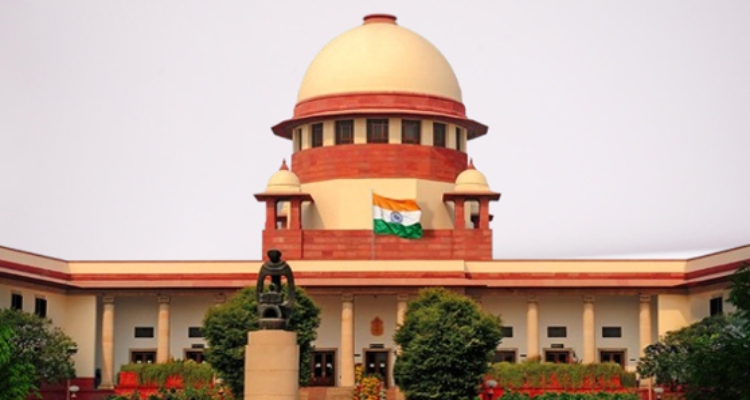
The Supreme Court on Thursday has affirmed that the Protection of Women from Domestic Violence Act, 2005, constitutes a civil code applicable to all women in India, regardless of religious affiliation or social background.
A bench comprising Justice B.V. Nagarathna and Justice N. Kotiswar Singh emphasized that the Act serves to effectively protect the constitutional rights of women and to safeguard those subjected to domestic violence within a domestic relationship.
This ruling arose from an appeal by a woman contesting a Karnataka High Court decision regarding maintenance and compensation. In February 2015, a magistrate had granted her ₹12,000 per month in maintenance and ₹1 lakh in compensation under Section 12 of the Act.
The husband later appealed this decision; however, the appellate court dismissed his appeal on the grounds of delay. He subsequently filed an application under Section 25 of the Act, concerning the duration and modification of orders, but this was dismissed by the magistrate.
The husband then appealed again, and the appellate court remanded the case to the magistrate, directing that both parties be allowed to present evidence. The woman challenged this order in the high court, which dismissed her plea in April of the previous year, instructing the magistrate to consider the husband’s application under Section 25.
In its judgment, the Supreme Court noted that Section 25 permits an aggrieved party to seek alteration or revocation of orders made under the Act, contingent upon a change in circumstances as stipulated in subsection (2). The Court clarified that a magistrate must ascertain whether such a change has occurred to warrant an alteration, modification, or revocation.
The Court further explained that changes in circumstances could relate to financial aspects, such as changes in income, or other relevant factors that justify a modification of the maintenance amount. It highlighted that the provision encompasses considerations such as cost of living and income changes affecting either party.
However, the Court stipulated that any application of Section 25(2) must be based on changes that occur after the original order was made, thereby asserting that alterations operate prospectively rather than retrospectively.
Consequently, the husband could not retroactively seek a refund of any amounts already paid under the original order.
The Supreme Court set aside the decisions of the high court and the first appellate court, dismissing the husband’s application. It did, however, grant the husband the liberty to file a new application under Section 25 of the Act if he so chooses.




